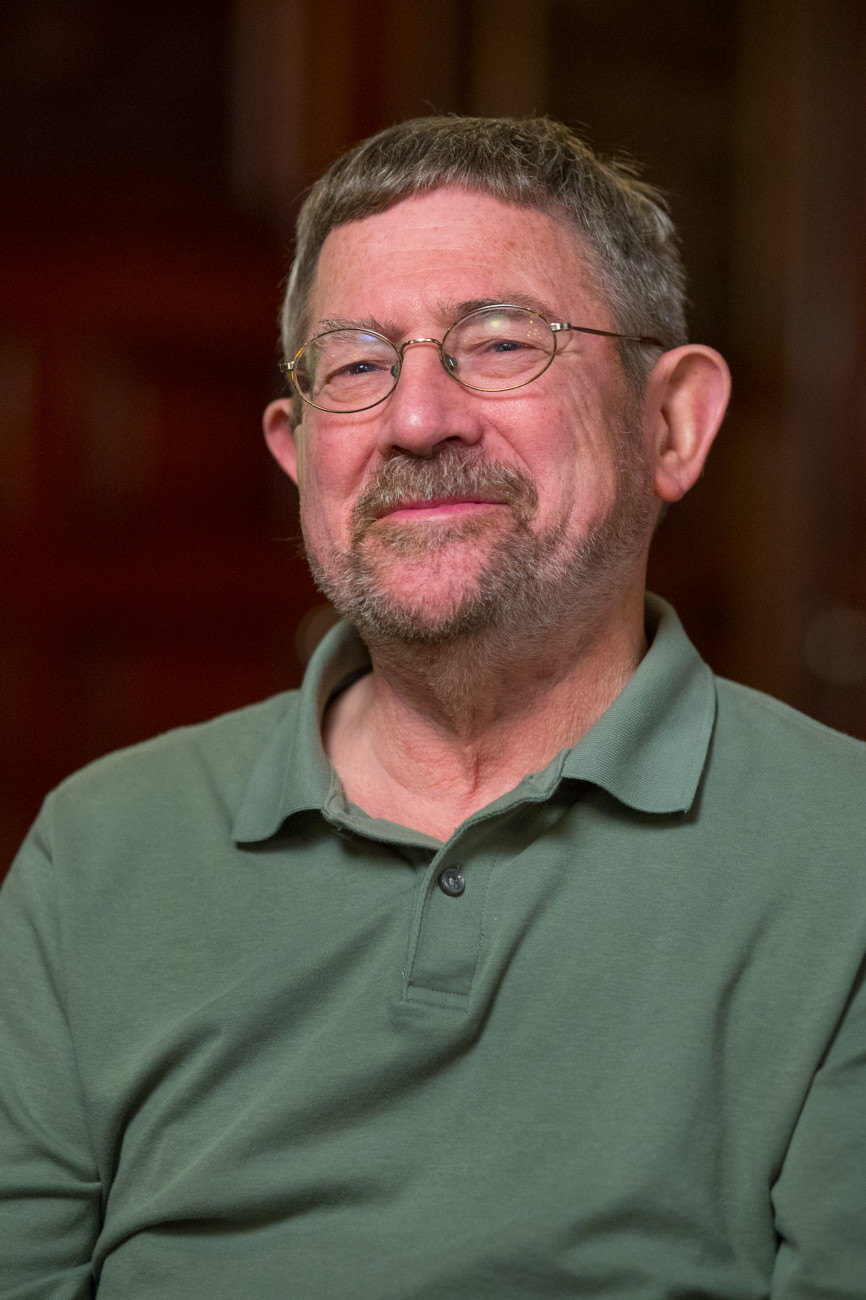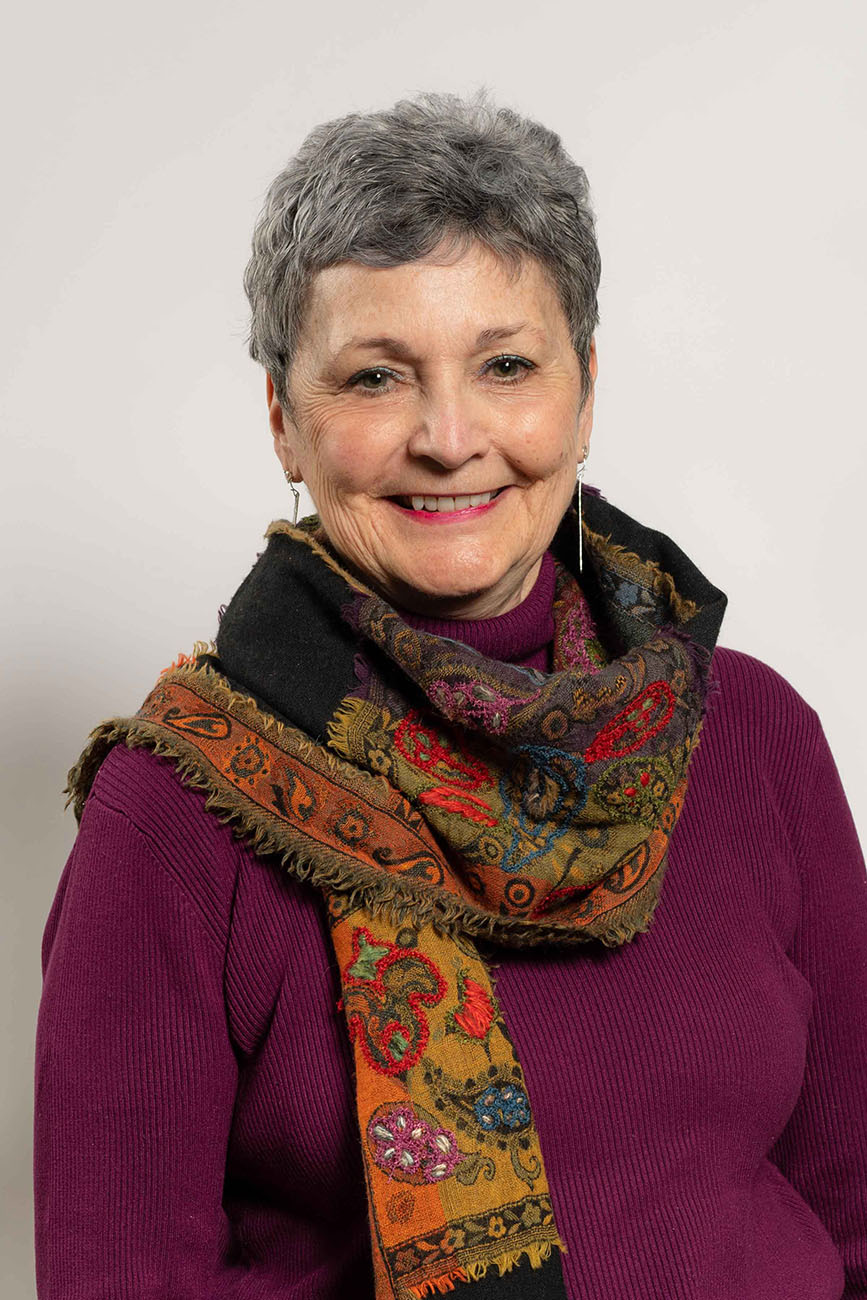PROVIDENCE, R.I. [Brown University] — J. Michael Kosterlitz and Terrie Fox Wetle, two longtime Brown University faculty members who are accomplished researchers, leaders and educators, will receive the Susan Colver Rosenberger Medal of Honor during Brown’s 257th Commencement on Sunday, May 25.
The medal is the highest honor the Brown University faculty can bestow, having been awarded just 36 times since its establishment in 1919. Among past honorees are University presidents and chancellors, pioneering Brown scholars and esteemed public servants.
The faculty will recognize Kosterlitz and Wetle for their decades of leadership, scholarship and mentorship, said Kristina Mendicino, chair of the Faculty Executive Committee and a professor of German studies at Brown.
“The work that Michael Kosterlitz and Fox Wetle have done at Brown has had enormous impact in their fields, as well as on campus and around the world,” Mendicino said. “As their colleagues, we are proud to bestow upon them the highest honor that faculty can offer.”
Exploring the universe’s mysteries
On the morning of October 4, 2016, the Brown community awoke to the news that its own J. Michael Kosterlitz had won the Nobel Prize, the most prestigious prize in physics. It was at that moment that much of the world learned of Kosterlitz’s groundbreaking contributions to science, but his physics colleagues had long been aware of his renowned theoretical work in topological order and phase transitions.

Physicists had tried and failed for years to explain how phase changes could occur in two-dimensional systems like helium films and other materials that lack long-range symmetrical order. But working with mathematician David Thouless, Kosterlitz helped to introduce the idea of topological order to explain how phase transitions occur in these materials.
The pair published their pioneering work in 1973, but it took the Nobel committee more than 40 years to recognize it. That’s probably because the paper was “so ahead of its time,” said Vesna Mitrović, chair of Brown’s Department of Physics. In recent years, scientists have recognized the importance of topological order in a wide range of unexpected places — superconductors, liquid crystal displays, electronic devices and even Earth’s climate system.
Kosterlitz has been a member of the Brown faculty since 1982. Both before and after the Nobel Prize, he has been a generous colleague and teacher, his colleagues say, his door always open to students and fellow faculty alike. His work continues to inspire and inform the work of physicists at Brown and all over the world.
In addition to the Nobel, Kosterlitz has won the Maxwell Prize from the British Institute of Physics and the Lars Onsager Prize from the American Physical Society. He is an elected member of the National Academy of Sciences and fellow of the American Academy of Arts and Sciences.
Kosterlitz says he’s pleased and honored — and a bit surprised — to be recognized by his Brown colleagues with the Rosenberger Medal.
“I never thought of myself as a particularly good teacher,” Kosterlitz said in typically self-deprecating style. “My main interest has always been in trying to understand, through physics, the natural world, which is much more mysterious than we can imagine. I am pleased that my own small contributions to this effort have been recognized by my peers.”
Kosterlitz plans to retire from teaching after this academic year, but his curiosity about the mysteries of the universe will remain.
“No matter how much physics we think we know and understand, the natural world always produces new phenomena which are not understood,” he said. “Physics and mathematics are the best, although imperfect, tools we have to try to understand.”
Leading with joy and devotion
Terrie Fox Wetle, a professor emerita of health services, policy and practice, served as the inaugural dean of Brown University’s School of Public Health from 2013 to 2017. In 2000, after serving as deputy director of the National Institute on Aging, Wetle came to Brown as the University’s first associate dean of medicine for public health and public policy. Her charge was to consolidate Brown’s thriving but disparate public health departments and centers into a unified program — which she accomplished with what Brown President Christina H. Paxson has called “distinctive and joyful energy” and “uncommon devotion.”

In the decade and a half that Wetle served in leadership positions before and after the School of Public Health’s formal launch in 2013, Brown expanded public health research funding and activity, developed and launched master’s and doctoral programs and greatly increased the number of new public health faculty. The number of undergraduate public health concentrators doubled, and the number of graduate students tripled.
Wetle’s leadership and vision has had lasting impacts not only on Brown, but also on the public health landscape of Rhode Island. As dean, she built strong and sustained partnerships with local hospitals, the Rhode Island Department of Health and other government agencies and community-based organizations. Today, public health students and faculty continue to collaborate with these organizations on high-impact research and other efforts.
As a gerontologist, Wetle researches the health and care of aging populations. As a dedicated educator, she continues to lecture in public health and to mentor students and junior faculty as well as former students who have become public health leaders.
Wetle is past president of both the Gerontological Society of America and the American Federation for Aging Research. She was awarded a lifetime achievement award by the American Public Health Association and served on the National Institutes of Health’s National Advisory Council on Aging and the NIH Council on Councils.
Upon hearing the news of the Rosenberger Medal recognition, Wetle said she was so touched that she wept.
“I've watched wonderful people be awarded the Rosenberger, and have marveled at their contributions to the University and the world,” she said. “I’m very honored to be among them. I’ve loved my work and my service to Brown, so this is a wonderful capstone on a fulfilling career.”
